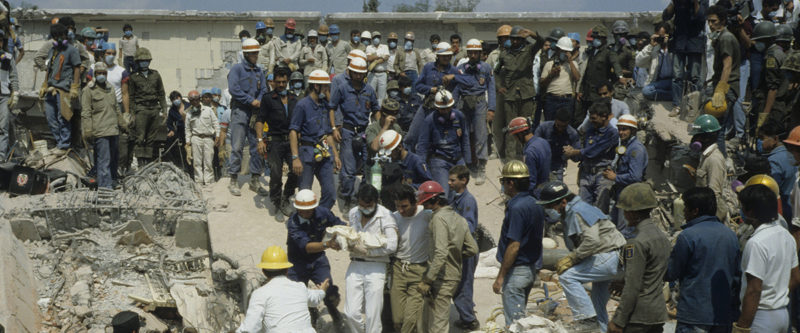According to the United Nations (UN), the 2017 International Day for Disaster Reduction campaign, which is being observed on Friday, October 13, seeks to raise global awareness about effective actions, policies and practices taken to reduce exposure to disaster risk at the community level, thereby contributing to saving homes and livelihoods.

The global body describes it as a considerable challenge which can be accomplished only through coordination, cooperation and collaboration among many stakeholders.
Last year saw the launch of the “Sendai Seven” campaign by the United Nations Office for Disaster Risk Reduction (UNISDR), centered on the seven targets of the Sendai Framework, the first of which is reducing disaster mortality. The campaign seeks to create a wave of awareness about actions taken to reduce mortality around the world.
The Sendai Seven Campaign, adds the UN, is an opportunity for all, including governments, local governments, community groups, civil society organisations, the private sector, international organisations and the UN family, to promote best practices at the international, regional and national level across all sectors, to reduce disaster risk and disaster losses. This year’s target is focused on prevention, protection and reducing the number of people affected by disasters.
At the Third UN World Conference on Disaster Risk Reduction, the international community was reminded that disasters hit hardest at the local level with the potential to cause loss of life and great social and economic upheaval. Sudden onset disasters displace millions of people every year. In 2014, 19.3 million people were newly displaced by disasters. Disasters, many of which are exacerbated by climate change, have a negative impact on investment in sustainable development and the desired outcomes.
It is also at the local level that capacities need to be strengthened urgently, experts say. The Sendai Framework for Disaster Risk Reduction is said to be people-focused and action-oriented in its approach to disaster risk reduction and applies to the risk of small-scale and large-scale disasters caused by man-made or natural hazards as well as related environmental, technological and biological hazards and risks.
The International Day for Disaster Reduction was started in 1989, after a call by the United Nations General Assembly for a day to promote a global culture of risk-awareness and disaster reduction. Held every October 13, the day celebrates how people and communities around the world are reducing their exposure to disasters and raising awareness about the importance of reining in the risks that they face.
By resolution 44/236 (December 22, 1989), the General Assembly designated the second Wednesday of October International Day for Natural Disaster Reduction. The International Day was to be observed annually during the International Decade for Natural Disaster Reduction, 1990-1999.
By resolution 64/200 of December 21, 2009 the General Assembly decided to designate October 13 as the date to commemorate the Day and to change the Day’s name to International Day for Disaster Reduction. The objective of the observance is to raise awareness of how people are taking action to reduce their risk to disasters.
